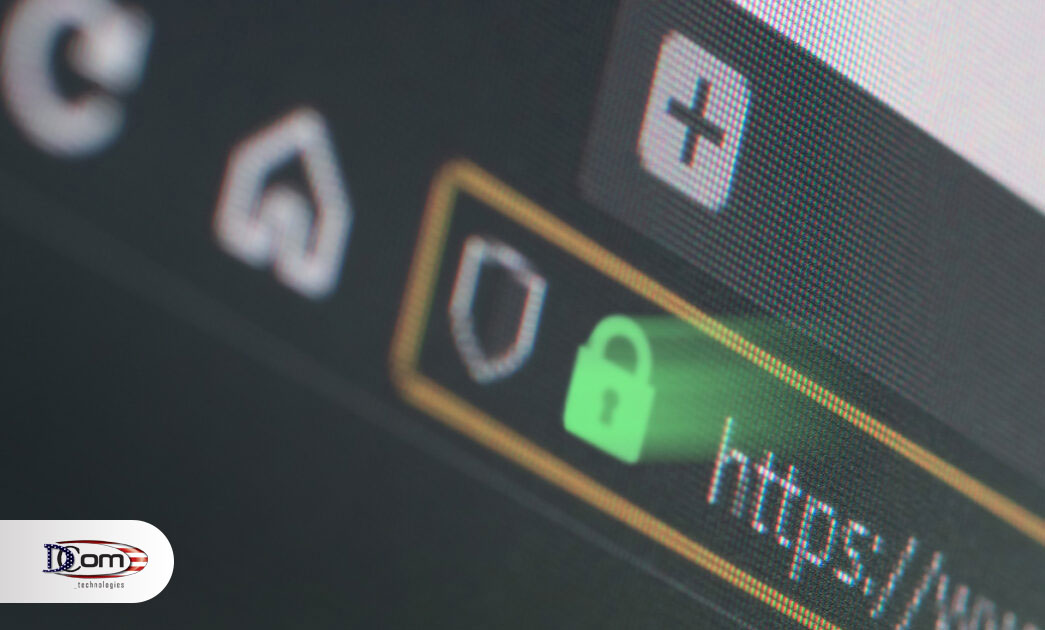Overview:
SSL Certificates are digital certificates that provide authentication for a website and allow for secure connections from a web server to a browser. SSL stands for Secure Sockets Layer and is used to encrypt data that is sent between two parties, such as a web server and a browser. SSL Certificates are used to secure websites, secure email, and secure any other forms of electronic communication.
Types of SSL Certificates:
1. Domain Validated (DV) SSL Certificate:
A Domain Validated SSL Certificate is an inexpensive and quick way to secure a website. This type of certificate ensures that the domain name matches the certificate and is issued within minutes.
2. Organization Validated (OV) SSL Certificate:
An Organization Validated SSL Certificate is a more expensive and time-consuming process but provides a higher level of trust. This certificate verifies the organization behind the website, as well as the domain name.
3. Extended Validation (EV) SSL Certificate:
An Extended Validation SSL Certificate is the most expensive and time-consuming type of SSL Certificate. This certificate provides the highest level of trust and requires the most extensive vetting process. The EV SSL Certificate also requires the organization to submit all of its business documents, such as licenses, permits and registrations.
4. Wildcard SSL Certificate:
A Wildcard SSL Certificate is a type of certificate that can be used to secure multiple subdomains in a single certificate. This certificate is ideal for companies that have multiple subdomains, but only need to secure one main domain.
5. Multi-Domain SSL Certificate:
A Multi-Domain SSL Certificate is a type of certificate that can be used to secure multiple domains in a single certificate. This certificate is ideal for companies that need to secure multiple domains, but do not need to secure any subdomains.
Benefits of SSL Certificates:
1. Establishes trust and credibility:
An SSL Certificate is a trusted digital certificate that establishes a secure connection between a website and a user’s web browser. This helps to assure visitors that the site is safe and secure.
2. Encrypts data:
SSL Certificates encrypt data, making it more difficult for hackers to steal data. This helps to protect sensitive information, such as credit card numbers and passwords.
3. Improves website rankings:
Having an SSL Certificate can help to improve a website’s search engine ranking, as search engines are now taking into account whether or not a website is secure.
4. Enhances customer experience:
Customers are more likely to trust a website that has an SSL Certificate, as it provides an extra layer of security. This can help to enhance overall customer experience.
Conclusion:
SSL Certificates are an important part of securing any website. They help to establish trust and credibility, encrypt data, improve website rankings, and enhance the overall customer experience. There are several different types of SSL Certificates available, such as Domain Validated (DV), Organization Validated (OV), Extended Validation (EV), Wildcard, and Multi-Domain, each of which has its own set of benefits. By taking the time to research and select the right SSL Certificate for your website, you can ensure that your website is secure, and your customers are safe.










